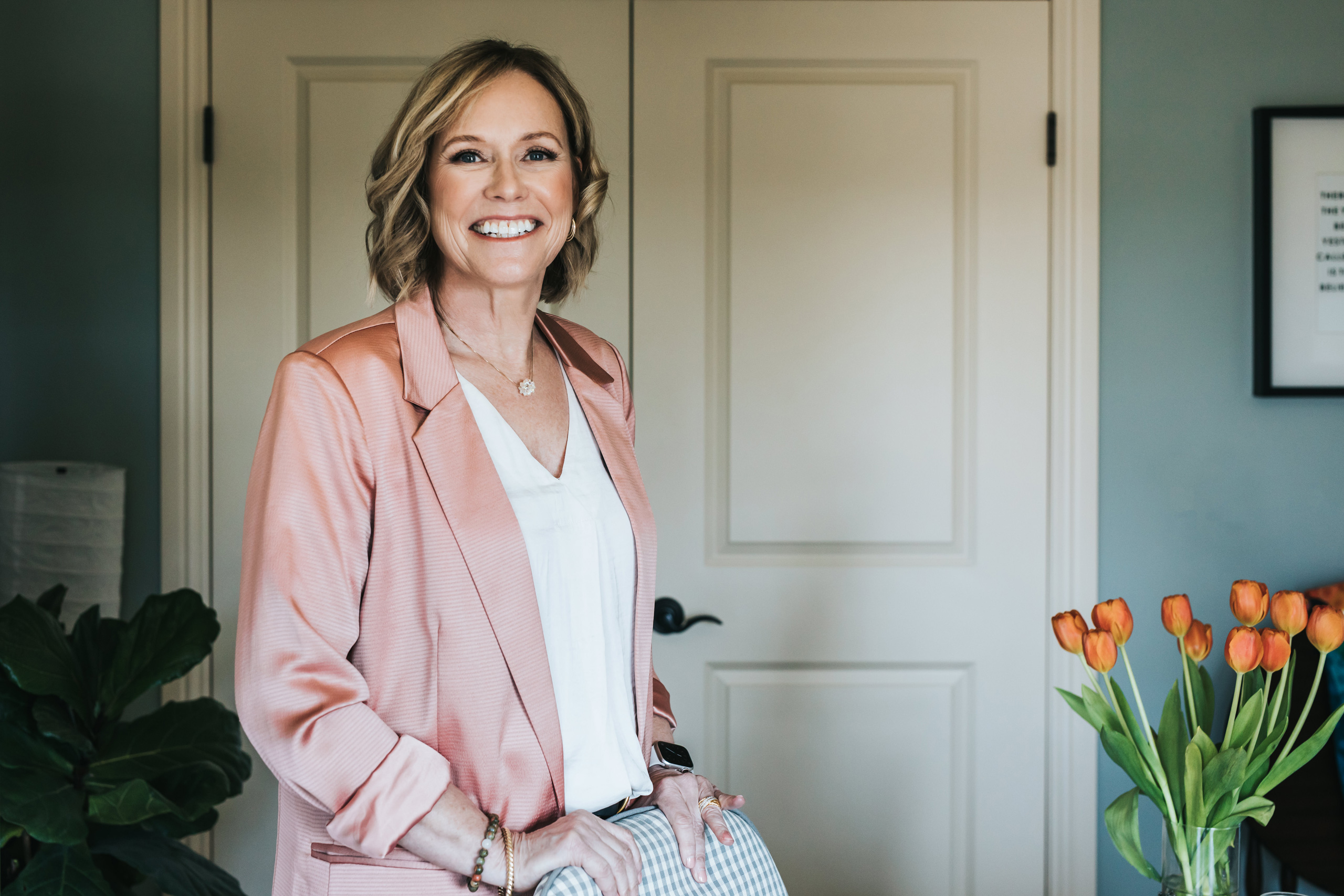What Is The Best Meditation Type For A Beginner?
When I first began meditating several years ago, there were choices, but not like today. With meditation and mindfulness becoming so popular, it’s not surprising that narrowing down the best meditation practice for you is challenging and confusing.
Let me give you an example explaining why it’s SO confusing for people who want to try meditation.
The free meditation app Insight Timer, which I share in A Beginner’s Guide to Meditation, provides access to thousands of guided meditations. Links to these and other resources are found on The Compassionate Mind Resources page.
It provides a smorgasbord of free choices for every problem or desire.
If you want to deal with anxiety, there’s a meditation. You want to sleep better- there’s a meditation for that. You want to open your chakras- there’s a meditation for that. You want better boundaries- there’s a meditation for that. You want to forgive someone- there’s a meditation for that. You get the idea!
It’s overwhelming for many people who want to establish a practice but don’t know where to begin. It’s also challenging for those who have been meditating for a while and want to settle into a more structured and intentional approach.
Where do you begin with determining the best meditation practice?
Based on years of practice and research I’m going to share my thoughts with the intention of making it clearer and less confusing for you.
The short answer to how to pick the best type of meditation is- it depends on your intentions for wanting to meditate in the first place.
The majority of people want to start a meditation practice for one (or more) of the following reasons:
- People want to be healthier and feel more peaceful to deal with stress and its effect on their physical and emotional health.
- To get to know themselves and answer the “big questions” in life: Who am I? What is my purpose? Is this all there is? What brings a deeper meaning to my life? What do I value?
- To get an edge and be at the top of their game. This is often the motivation for people who want to be more productive, focused, and successful in achieving their goals, whether in sports or business.
- For a spiritual connection and to get in touch with an intelligent universe. This is often associated with the desire to foster qualities like forgiveness, compassion, kindness, intuition, creativity, flow, gratitude, surrender, and interconnectedness.
With those intentions in mind, where should you start?
Before I give my suggestion, I want to stress that just starting with anything is half the battle. You really can’t go wrong with beginning with any one of the guided meditations or any number of programs. ( A young man I’m mentoring just completed the free 40 days Mindfulness Daily series led by Tara Brach & Jack Kornfield. He loved it! At the end of it, he asked me- now what? He felt he needed a structured practice but didn’t know how to set one up on his own. Do I do the 40 days again, or what’s next?)
These are really common questions, especially if you’ve been dabbling and experimenting with different approaches.
Establish a core meditation practice.
This is the reason that I believe all of us who want the benefits of meditation, at some point need to stick with some sort of core meditation practice.
The practice may shift over time, but we need to start somewhere.
Regarding the above intentions, I recommend learning to deal with stress by regulating our nervous system. There’s a difference between dealing with the effects that chronic stress has on our body, mind, and soul and the external stressors such as complex relationships, soul-sapping jobs, financial struggles, and the like. Through meditation, we become more physically resilient and better able to deal with the stressors themselves.
Establishing a core practice helps us calm our minds and be less reactive. Developing the ability to connect with our bodies and begin to notice what we’re feeling and how the external world is impacting us.
The following three superpowers are integrated into a core holistic meditation practice that I teach and practice daily:
Relaxing our body builds our capacity to shift our nervous system from fight-flight-freeze to rest and digest, making us more resilient and creating the inner environment for healing.
Long, slow, deep breaths and a body scan are valuable for creating this shift.
Focusing our mind enables us to be more present and less distracted, ultimately leading to greater happiness and inner peace.
In the core meditation practice that I teach, we introduce a mantra that provides a focus for the mind and enables it to settle.
Connecting with our heart through self-love helps us develop a caring and compassionate relationship with ourselves. All meaningful growth arises from the nature of our relationship with ourselves. Loving ourselves through kind curiosity creates fertile soil for flourishing.
Finishing your meditation by Introducing the question, How can I best love myself is very powerful. The answer to this question will slowly become part of your new way of being.
Starting with 5-10 minutes/day we begin to develop these superpowers is like building the foundation for a house. You start at the ground level and then move up. Without a solid foundation, the house is unstable.
What I often see, however, are people who want to bypass the foundation and begin on the top floor.
An example of this would be meditating to open your higher spiritual chakras when your physiology is in a state of fight-fight-freeze. As a result, you’re always snapping at your kids or spouse or have stress-related health issues.
So whether you’re a new meditator or are more experienced, it’s helpful and effective to have a core meditation practice that keeps you grounded and calm.
Once you’ve established a core practice that helps you maintain resilience in everyday life, the countless other practices are a great add-on- helping you continue your inner peace journey. To deepen your practice, I recommend that you learn about your Enneagram of personality. The article, How Meditation Enriched By The Enneagram Can Help You Flourish explains why and includes a link to a free Enneagram test.
In terms of guided meditations, one question arises in the mind of virtually all meditators at one time or another: What is better, a guided or non-guided meditation practice? You can learn more about that by reading Guided Vs. Non-Guided Meditation: Finding Your Inner Peace.
One final thought is that I’ve never met one person who regretted starting a simple core meditation practice!
Do you have a question about your meditation practice? Please feel free to ask it in the comments below. We’d love to hear from you!

